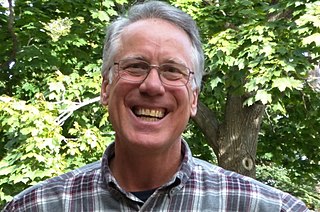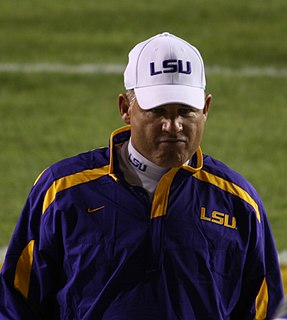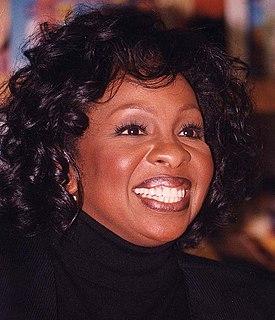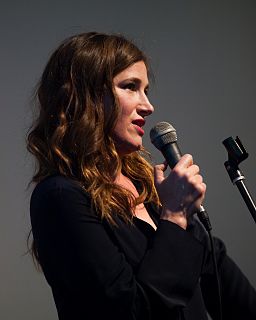A Quote by Niels Bohr
In physics we deal with states of affairs much simpler than those of psychology and yet we again and again learn that our task is not to investigate the essence of things-we do not at all know what this would mean&mash;but to develop those concepts that allow us to speak with each other about the events of nature in a fruitful manner.
Related Quotes
we are continually overflowing toward those who preceded us, toward our origin, and toward those who seemingly come after us. ... It is our task to imprint this temporary, perishable earth into ourselves so deeply, so painfully and passionately, that its essence can rise again “invisibly,” inside us. We are the bees of the invisible. We wildly collect the honey of the visible, to store it in the great golden hive of the invisible.
All our thoughts and concepts are called up by sense-experiences and have a meaning only in reference to these sense-experiences. On the other hand, however, they are products of the spontaneous activity of our minds; they are thus in no wise logical consequences of the contents of these sense-experiences. If, therefore, we wish to grasp the essence of a complex of abstract notions we must for the one part investigate the mutual relationships between the concepts and the assertions made about them; for the other, we must investigate how they are related to the experiences.
You [young people] all are just much more internationally-minded and traveled and knowledgeable in languages than any other previous generation. So many of you are already doing a lot of international relations, I think. I so believe in student networks, and people that either study abroad or come to the United States to study, and the relationships that you all develop. You learn a lot from each other, but you all will see each other again in jobs along the way. And I think that makes a big difference. I so believe in what students can do.
Most of us need to be reminded that we are good, that we are lovable, that we belong. If we knew just how powerfully our thoughts, words, and actions affected the hearts of those around us, we'd reach out and join hands again and again. Our relationships have the potential to be a sacred refuge, a place of healing and awakening. With each person we meet, we can learn to look behind the mask and see the one who longs to love and be loved.
Machines already are much smarter than us at so many things. I mean, try to multiply two 10-digit numbers with each other or, you know, sift through a thousand documents. So there's lots of things that machines are better at including in mental task than us. There's many more that they're not as good at, but the direction is pretty obvious and the progress is clear.
I don't think my work is so much about opening up wounds. I think it's about understanding the nature of the wound. I'm not bleeding on the canvas. I, like most people, have suffered traumatic events. The character of a person's life is determined by the way they deal with those events. I am a creative person and I deal with it creatively.
Jamie Keehn, our second Australian punter. Again, you have to learn the language. You just can't speak to those guys. You have to know how to speak Australian. ... Australians have a higher voice. When you just speak regular English, it doesn't quite get across. Of course, we've had experience with our Australians, so we're pretty comfortable with adjusting our dialect so that it fits the ability to communicate.
I know those challenges that come up from time to time in life are our little learning tools, our little steppingstones. If we didn't have those things in our life, how would we learn anything? We would just be walking around like nothing. We need those obstacles in our life because I know one thing - I'm a much better person for them.
You are great young people. I have said again and again, we have the finest generation of young people ever in the history of this Church. I believe it. You know the gospel better. You come to seminary and you learn about the things of the Lord here. You know more about the gospel than those of my generation at your age did without any question. I am satisfied of that. Furthermore, you are intrinsically better. You are wonderful young people!
They were not friends. They didn't know each other. It struck Tom like a horrible truth, true for all time, true for the people he had known in the past and for those he would know in the future: each had stood and would stand before him, and he would know time and time again that he would never know them, and the worst was that there would always be the illusion, for a time, that he did know them, and that he and they were completely in harmony and alike. For an instant the wordless shock of his realization seemed more than he could bear.

































